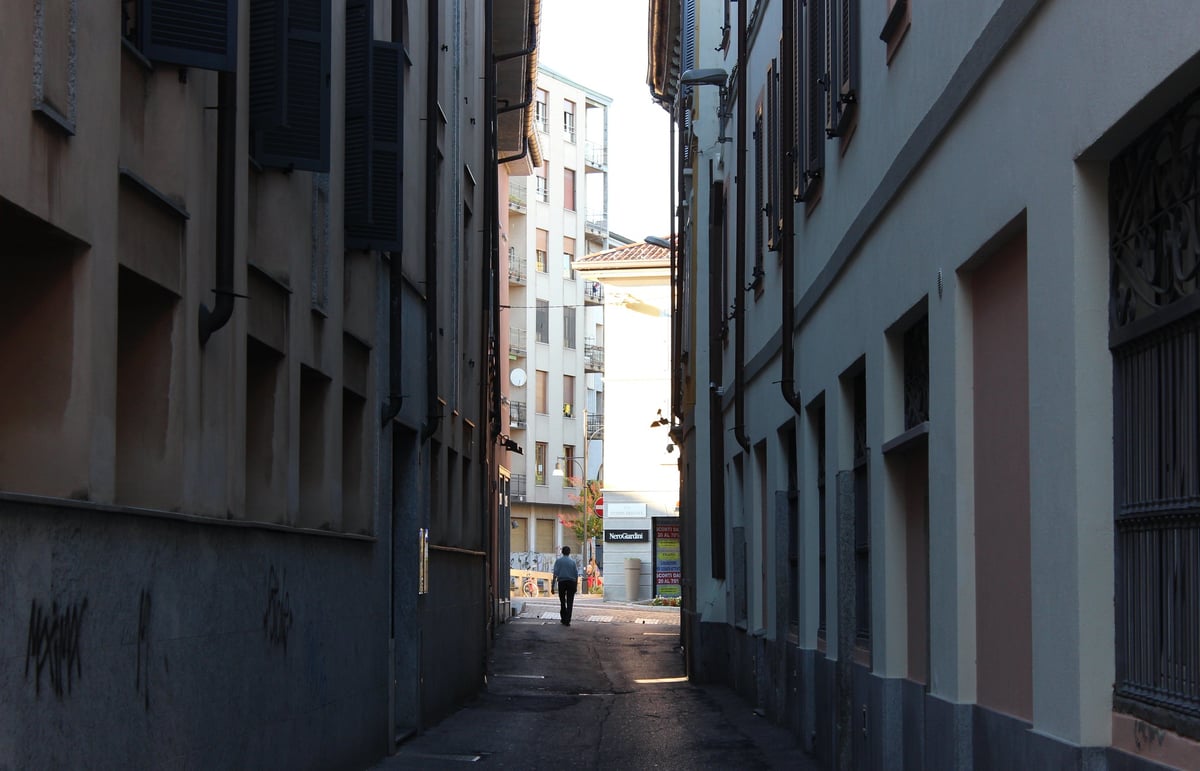Far-right parties are rising in polls across Europe ahead of this weekend’s elections, with both political scientists and politicians scrambling for explanations. Beyond analysis that focuses squarely on economic factors or cultural values, increasing attention has come to the regional inequality to explain support for far-right or anti-system values.
Electoral results indicate that anti-system or rightwing populist parties are underpinned by the rural vote, with parties like the Dutch Party for Freedom (PVV), France’s Rassemblent National (RN) and Portugal’s Chega! [Enough!} predominantly drawing support from the countryside.
With progressive voters seemingly concentrated in cities, this had led to an image of an urban-rural divide, pitching aloof progressive urbanites against unsophisticated and angry country bumpkins.
Moreover, data suggests that income gaps between rural and urban areas have ballooned in the last decade, driving a so-called recognition gap, with rural residents increasingly reporting a perceived disrespect to their communities, according to analysis by Eurofound.
A Greek tragedy
However, though a regional perspective is essential, such a straightforward urban-rural dichotomy is too simplistic, argued Andrés Rodríguez-Pose, professor of economic geography at the London School of Economics, and co-author of a recent study of regional development and euroscepticism ordered by the commission.
“The urban rural component is an important component but there are a lot of other factors that determine the rise of discontent”, he told the EUobserver in an interview, arguing that instead specific regions suffered from a so-called “development trap” – where long-term economic decline and stagnation has sparked voter’s discontent.
“Very often this falls in rural areas, but not necessarily,” Rodríguez-Pose said, noting that the problem was widespread, with over 60 million EU citizens living in regions where real-terms GDP has declined since 2000. “It’s not just a question of rich cities versus poor regions,” he added.
Moreover, proponents of purely economic explanations of the support for populist parties have often struggled to account for why wealthier regions – like northern Italy – have pivoted to the far-right as well.
According to Rodríguez-Pose, it is the trajectory of economic growth that is essential for sparking political disaffection.
It’s like a great Greek or Shakespearian tragedy
“It’s like a great Greek or Shakespearian tragedy. You cannot take revenge for losing something you never had, the strongest revenge comes from those who had everything and lost it,” he said, pointing towards highly-developed but stagnant regions like Lombardy, or intermediate but declining regions like north-eastern France as prime examples.
Other analysts of Europe’s new political cleavages between urban progressives and rural conservatives have put more emphasis on cultural and educational factors. Gender and post-secondary educational qualifications are the basic components that structure the progressive/conservative divide, according to research by political scientists Liesbeth Hooghe and Gary Marks at the European University institute.
However, such cultural factors are not necessarily opposed to economic factors, but in fact often aligned with them, argued Rodríguez-Pose. As highly educated women are more likely to leave areas with less growth, he observed that there were “whole Länder [regions] in former East Germany where you have a concentration of on the one hand an ageing population and on the other hand, young uneducated men,” leading to a convergence of cultural conservatism and economic decline.
Far-right farmers
The far-right itself has seized on the notion of an urban-rural divide as well, as exemplified by RN-leader Marine Le Pen, who tried to cast herself as a spokesperson for the 2019 yellow vests protests in France, which were sparked by outrage in rural areas over a fuel tax hike.
More recently, the MCC, a think-tank tied to Viktor Orbán’s Fidesz, has tried to link up with radicalised farmers amid controversy over the impact of the green transition on farmer’s livelihood. Over the past months, escalating farmers’ protest have derailed a number of high-profile pieces of environmental legislation, with the centre-right European People’s Party loath to be seen as hostile to farming interests.
Rodríguez-Pose suggested that this rising political influence of farmers could be related to regional discontent as well, noting that farmers were very effective at channelling grievances of those feeling left-behind, regardless of whether they actually worked in agriculture. “You have whole slots of rural areas, but not just rural areas, that jump on their bandwagon.”
Counteracting the rise of the far-right would therefore require regionally tailored investment under a reinvigorated cohesion policy, argued Rodríguez-Pose, in order to prevent the further deterioration and reverse the decline of struggling regions. “There is a lot of potential, this is not charity but investment,” he said, noting that historically much of Europe’s economic dynamism came from rural areas.

